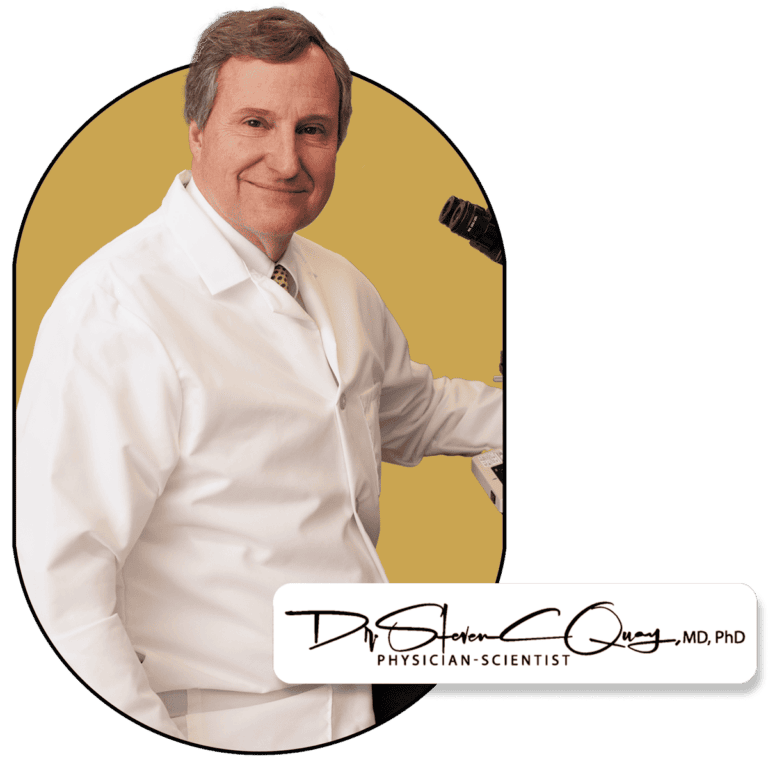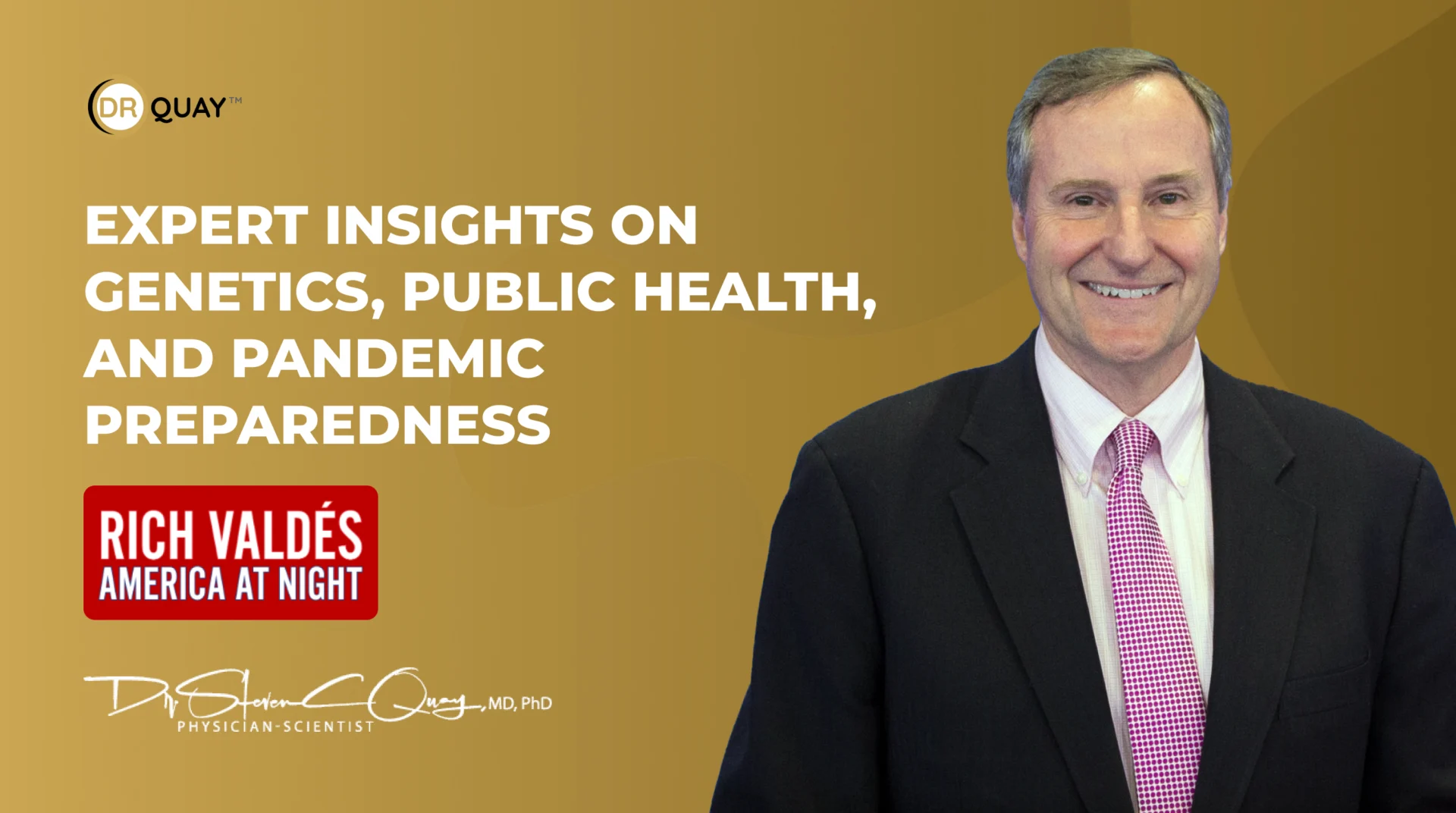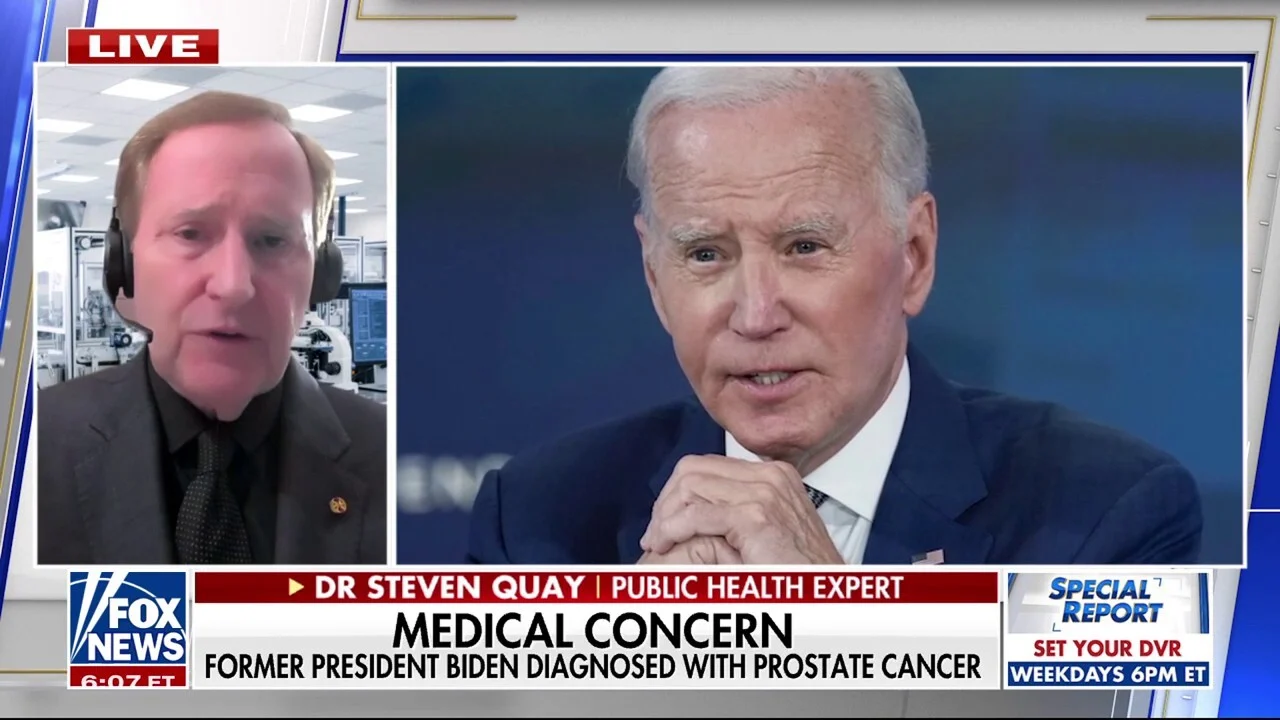A drug-virus interaction I am concerned about and watching carefully.
I reported earlier an association of COVID-19 (the official name for the disease caused by the SARS-CoV-2 virus, the official name for the virus) with pre-existing heart disease. While that still may be true there is also the nightmarish possibility the association is the result of the medication given for heart disease and not the disease itself.
There is a class of drugs for both high blood pressure and heart failure called ACE Inhibitors, for angiotensin converting enzyme inhibitor. For healthy life the ACE protein sits on the surface of your cells, in your lungs, heart, intestine, etc. and processes hormones, sort of like the immigration officer stamping the hormones passport, and letting things across the cell border in an orderly fashion. Well it turns out SARS-CoV-2 hijacks the officer and forces them to open the cell door. Here is where your medicine comes in. When you take an ACE inhibitor the cell says something is wrong and its response is to send more ACE proteins to the surface of your cells. The more ACE on your cells, the easier it is to for the virus to get into your cells.
ACE inhibitors are very common for hypertension and heart failure. Here is a list of the FDA approved ACE inhibitors you might be taking.
If you are taking one of the following drugs, do these four things:
1. Don’t panic; it is not the end of the world and its increased risk to you is real but still small.
2. Don’t stop taking the medicine; its important for your health and you want to stay healthy. You DO have a medical condition the drugs are needed for; don’t trade that to eliminate something that MIGHT happen at some future date.
3. Start with a call to your pharmacy. Laws are different state-to-state but in some states a pharmacist can change you to an alternative class of drugs for your condition(s).

4. Finally, as a last resort, call your doctor’s office. They are really swamped so you, the patient, have to be a little patient (not in a pediatric sense, of course. 🙂 ) Tell them a friend shared this and ask if it is relevant to your care. Unfortunately, medicine is an art so they will take your entire medical picture in mind, weigh things, and maybe change you or maybe not. Only they know what’s best for you.
So there you go for today.




